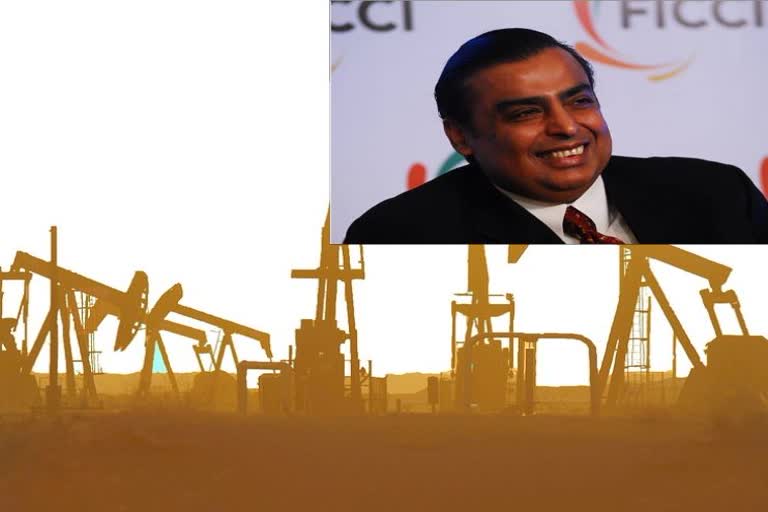New Delhi: While Prime Minister Narendra Modi and the entire leadership are "encouraging" business to invest in the country with "ease of doing business" reforms, the Petroleum Ministry appears to be using the media to scuttle the Saudi Aramco-Reliance Industries (RIL) deal, according to analysts.
On August 12 this year, state-run Saudi Aramco entered into a non-binding letter of intent with the Mukesh Ambani-led RIL to purchase a 20 per cent stake in the Indian major's oil to chemicals division.
"It looks like the Petroleum Ministry is pulling in the opposite direction to that of PM Modi", one analyst said.
Some others are already interpreting the making public of the long-pending sale matter as a move to scuttle the Aramco deal at the eleventh hour and are wondering who is helped by such an action.
India and Saudi Arabia have sought to strengthen mutual economic ties between both countries also for strategic considerations.
"The Petroleum Ministry's incessant interference in the arbitration matters undermines the government's foreign economic policy", another analyst said.
The government should be more concerned about whether state-run explorer ONGC would be able to pay its 40 per cent share of the final arbitration award amount, if any, he added.
The Arbitration Tribunal issued a partial award in October 2016 in the arbitration case between the government and BG Exploration and Production India Ltd (BG) and RIL regarding the Panna-Mukta and Tapti Production Sharing Contracts (PSCs).
The tribunal in its 2016 award determined certain issues of principles. Pending determination of all issues before it did not award any monetary amount. Quantification of amounts, if any, by the Tribunal are to be done when all issues have been settled.
Certain parts of the 2016 award were challenged by BG and RIL before an English court which decided on some portions of the challenge in favour of BG/RIL and directed the Arbitration Tribunal to reconsider those parts of the 2016 award. The Tribunal, having reconsidered, issued another partial award in December 2018 which also went in favour of BG-RIL.
While this challenge was pending in the English court, the government unilaterally calculated certain amounts, based upon its interpretation of the 2016 award, which it alleges are payable by Oil and Natural Gas Corporation (ONGC), BG and RIL.
"Pursuant to 2018 Award, GoI's claim comes down very significantly - a fact which GoI has not taken cognisance of and approached the Delhi High Court prematurely for enforcement of its claim computed based on its interpretation of 2016 Award", sources said.
RIL maintains that except as quantified by the tribunal no amounts can be said to be payable at this stage.
The government has challenged 2018 award and the English Court is yet to pronounce its judgment. A significant issue pending before the tribunal is an increase in the Cost Recovery Limit under the PSC.
The Arbitration Tribunal is scheduled to hear BG-RIL's application for increase of PSC Cost Recovery Limit next year. If the Tribunal decides in favour of the companies, then then the government's computation of sums allegedly payable by ONGC, BG and RIL is expected to come down even further.
The final amounts, if any, payable by the parties (ONGC at 40 per cent, BG at 30 per cent and RIL at 30 per cent) can only be determined by the Arbitration Tribunal in the quantification phase of the arbitration which will be scheduled after it has decided on all the issues before it.
ONGC, who was directed by the government in 2011, not to participate in the arbitration proceedings but be bound by the award, wrote to the stock exchanges in May 2018 that the demand was premature.
Sources here said that the 2016 award, in part superseded by the 2018 award, cannot be said to have attained finality and attempts to enforce the earlier award are premature.
Read more: Vistara announces fee-waiver for Delhi, Lucknow travelers



